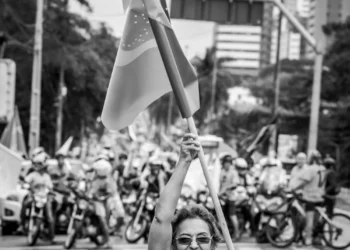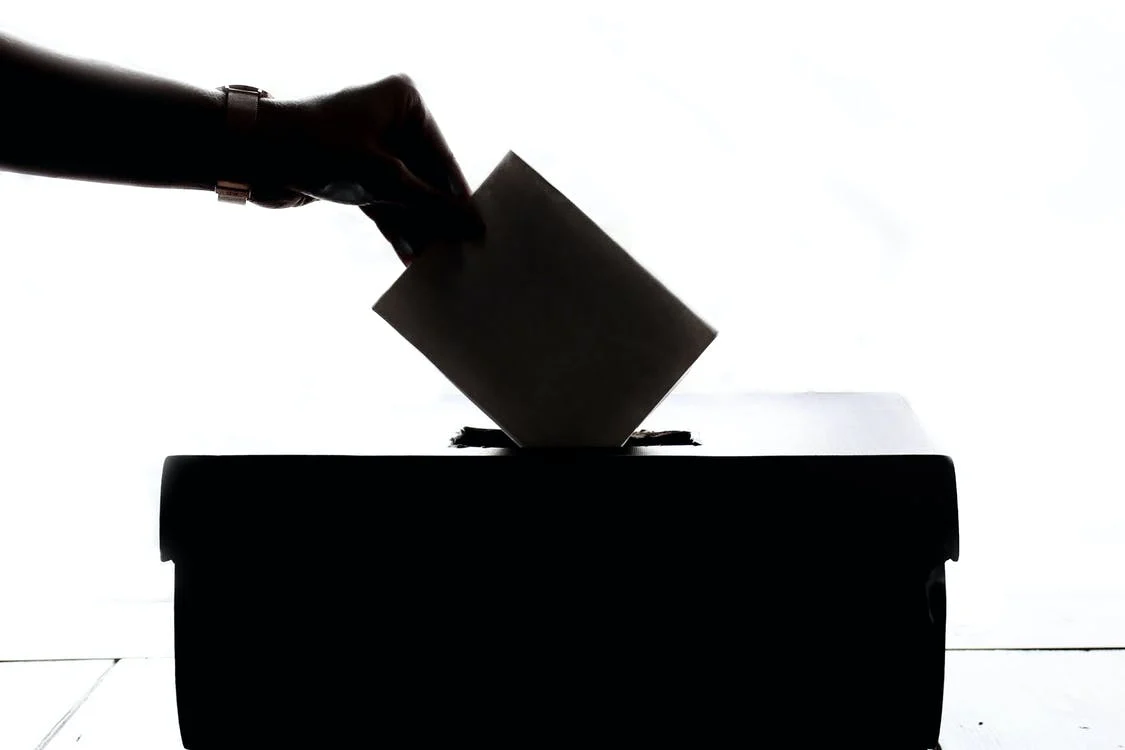by André Pereira César and Vinício Carrilho Martinez
Translated and Reviewed by Matheus Lucas Hebling
Who is interested in this state of affairs that unfolds throughout national society, especially in the Pantanal and the Brazilian Amazon? Even though the Federal Police have said that there are no masters in the barbaric murders of the English journalist Dom Philips and the Brazilian indigenist Bruno Pereira, who are the actors interested in the physical elimination of opponents, defenders of nature, and the codes of social life? In addition to the already traditional opposition between civilization and barbarism – let the 32 million hungry people in Brazil in 2022 say so – we can assure you that our moral, human, and environmental setback is much worse than what is supposed by common sense.
In addition to confirming that the country is submerged in the Parallel State, now there are no more hiding places for Militia Fascism: in a simplistic analogy, it corresponds to what was outlined in the film Tropa de Elite II. However, taking into account all this and much more – such as the practically absolute depreciation of what the Republic is (“honeste vivere”) -, our daily struggle opposes state actions to what we will call statutory (conceptual) conditions that would guarantee a minimum of social intelligence: here implied as an ingredient of an Ethics of Responsibility for the lives of more than 200 million people.
Currently in Brazil, a Stasi is imposed, in both senses: the essential conditions for human survival and coexistence are eroded, whether economically, socially, and psychologically – with sociopathy on the rise -, and the Brazilian State is put to act based on the terrible secret police. Just for a record, this is how Abin (Brazilian Intelligence Agency) “visited” FUNAI (Fundação Nacional do Índio) and, shortly afterward, Bruno Pereira would be institutionally hunted – before being shot down by hunting ammunition inside the forest. For the record, the Stasi, the notorious “secret police” of former East Germany, counted, at its height, no less than 20% of the population as “informants”. Fear was the keynote. Fear is what is lived in Brazil today. In 2022, Brazil still faces an institutional calamity – without forgetting the state denialism that still victimizes Brazilians under COVID-19 –, the references and foundations of the State, as a Public Power, are seriously undermined. It is said, for example, that elections imply “winning the government” (or the right to govern), but that the biggest and most intense challenge will come later, that is, it will not be easy to “win the state” – such the level of institutional commitment to militia Fascism.
Finally, we understand that after the 2016 coup d’état, the country turned its back on an elementary and defining principle of its institutionality; between informal pulls and playpens, the very conditions of survival and public stability (rationality: reasonableness, proportionality, predictability) are the most serious conceptual depression we have ever had. We understand that the 20th century would be the historical/theoretical landmark of what we call the Contemporary State, however, we go back beyond 1945. We surely walk (through the Stasi) towards the torment and generalized torture. Finally, for illustration only, let’s look at some public typology that we are (institutionally) hunting and destroying: Welfare State (1916), Democratic State (1949), Welfare State (from the Marshall Plan), Monopolistic Capitalism (the 1960s to 1980s), Environmental State (1990s onwards, under the so-called risk capitalism), Social or Democratic Rule of Law (1972), 3rd Generation Democratic Rule of Law (21st century). In practice, especially for the 32 million who are dying of hunger, we went back to the Fascist State (1919) and, with that, imposed the entire burden of the Neoliberal State (the 1970s onwards). Morally, our atavism goes back to the Middle Ages. Dark Age, here and now.
We are under the necessary configurations for the imposition of a State of Emergency – whether environmental or health – and we have not yet done so for a simple reason: the movement of deflagration would not be in the sense of limiting spaces of social relations, but rather, would be directed as a containment barrier to the militia State, acting the Public Emergency, therefore, in total antagonism and humanitarian confrontation to the maneuvers and actions of State Fascism. In this case, we would see a kind of Ethical Revolution.
Martinez, André Pereira César and Vinício Carrilho. 2022. "Environmental State of Emergency". Brazilian Research and Studies Blog. ISSN 2701-4924. Vol. 3 Num. 1. Available at: https://www.bras-center.com/environmental-state-of-emergency/, accessed on: January 29, 2026.








